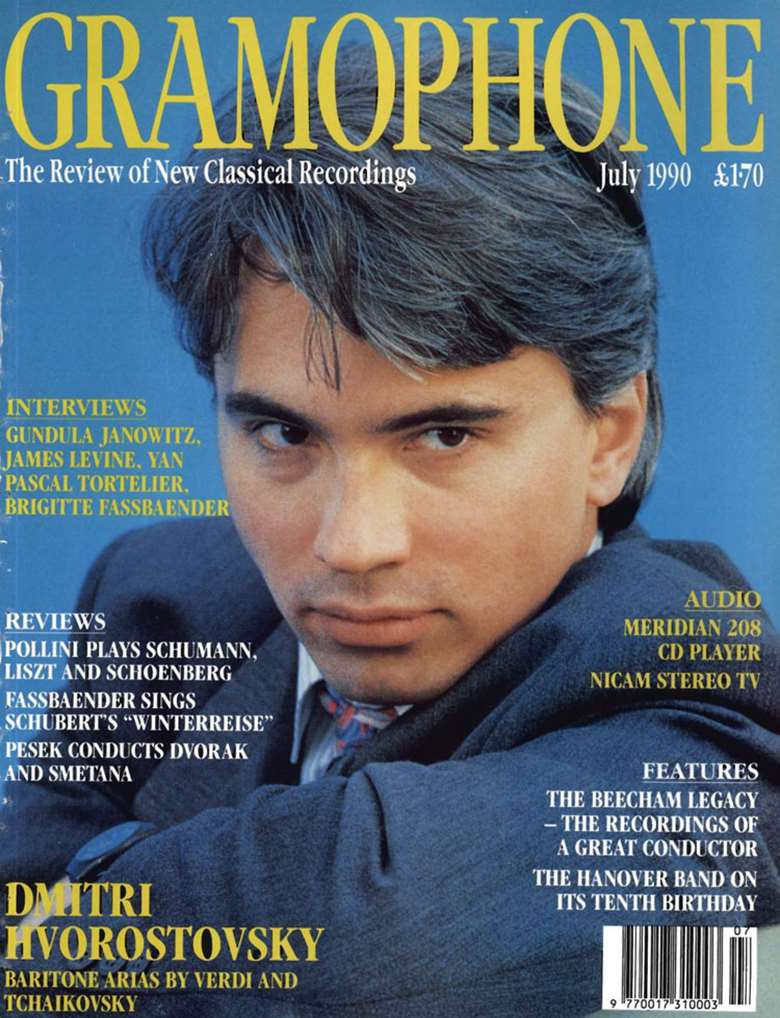Baritone Dmitri Hvorostovsky has died
Martin Cullingford
Wednesday, November 22, 2017
Much admired singer, who excelled in both opera and recital

Register now to continue reading
Thanks for exploring the Gramophone website. Sign up for a free account today to enjoy the following benefits:
- Free access to 3 subscriber-only articles per month
- Unlimited access to our news, podcasts and awards pages
- Free weekly email newsletter







